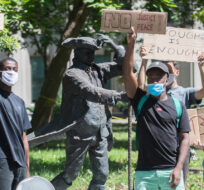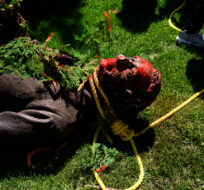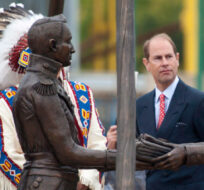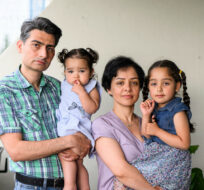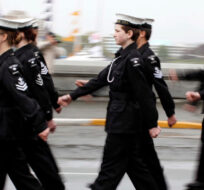
Who killed Canadian history? We did
It’s unlikely that Canada was born on the bloody slopes of Vimy Ridge or in the cockpit of a Halifax bomber flying straight and level through flak bursts at twenty thousand feet, but Granatstein was right: the stories we tell matter, and the ones we teach to our students (and certainly the ones we don’t) at best generate indifference and at worse encourage self-loathing.



